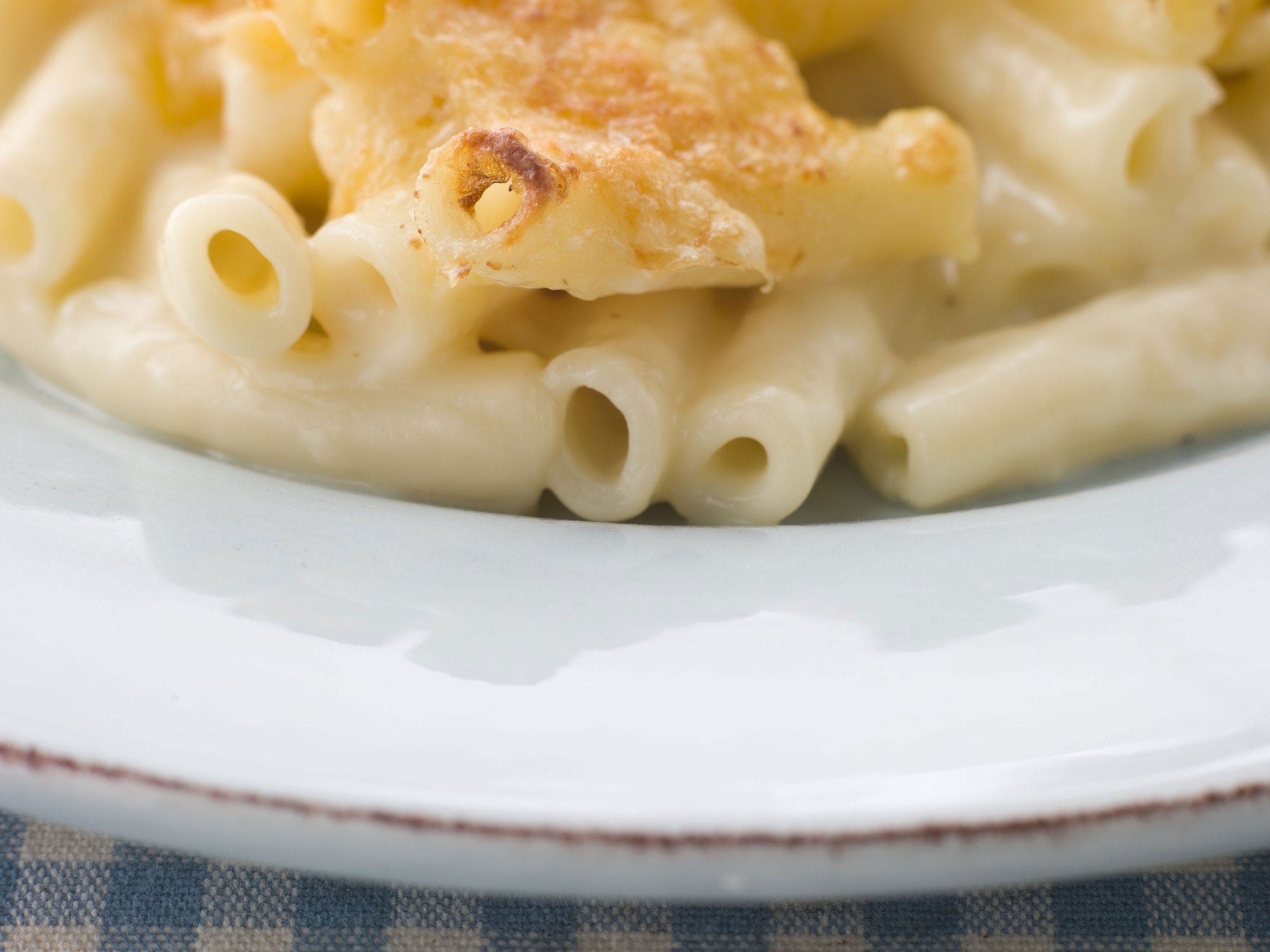Kraft, Cadbury and Kellogg's in Total Recall: how pulling a product affects business
Will Kraft recover after customers discovered metal filings in their macaroni and cheese?

Metal shards in macaroni and cheese, salmonella-infected Cadbury’s chocolate, horse meat in beef burgers. There are plenty of familiar stories of big companies recalling edible products because of new – unintended – changes to the recipe. Consumers are rightly alarmed, but how does it affect business?
Kraft is the latest company to make headlines for recalling a product - 6.5 million of them in fact. It was forced to ask customers to return 7.25-ounce packets of macaroni and cheese after metal bits were discovered in the food by eight separate customers.
Kraft's share price closed down 2 per cent after the announcement but is since back up to trading at prior levels - suggesting investors were barely alarmed by the news.
History seems to show that though product recall may affect the public perception of a brand, business can bounce back in the longer term.
Kraft introduced its 'Single' processed cheese slices in 1949
Kraft Singles
Kraft is no stranger to product recall. In August it recalled 7700 cases of some varieties of Kraft American Singles after a supplier failed to store an ingredient correctly. Back then the share price dipped for two days but was back to pre-recall levels less than a month later.
Cadbury estimated that the salmonella scandal cost them around £20 million
Cadbury
In 2006 Britain's beloved chocolate-maker Cadbury-Schweppes was forced to recall more that 1 million chocolate bars after contamination from a leaking pipe at a Cadbury factory resulted in a salmonella outbreak that infected nearly 40 people. That summer, sales of Cadbury's chocolate fell 14% while Cadbury reported the controversy would cost them a hefty £20 million.
Fruit Shoot has become the best selling children's ready-to-drink still beverage in the UK since it was introduced in 2000
Fruit Shoot
Britvic was forced to recall Fruit Shoot, a brand of children's fruit drink, after a six-year-old boy choked on a loose cap in 2012. A week after the incident, Britvic's share price had slumped 13.4 per cent. By the end of the year, the recall cost Britvic £16.8 million.
Special K was introduced to the US market in 1956
Special K
Some cereal-eaters found their Special K had an extra crunch in February 2013 after glass fragments were found in the Kellogg's cereal. The company pulled 36,000 packets from supermarket shelves as a precaution. Kellogg's shares tanked 13 per cent on the day of the announcement but by the time of the company's third quarter results, profits had gone up because of cost cutting measures that could have resulted in the lax factory standards in the first place.
Horsemeat is considered a luxury in parts of Europe
Horse meat
Irish food inspectors spotted horse meat in frozen beefburgers made in the UK and Ireland in mid-January 2013, resulting in Tesco, Asda and Nestle burgers being recalled, among others. Tesco blamed the scandal for a 1 per cent drop in sales in May, however shares in Sainsbury's, Morrison's and Tesco all rose between nine and 16 per cent in the following weeks, indicating that investors and customers alike had brushed off the scandal.
Subscribe to Independent Premium to bookmark this article
Want to bookmark your favourite articles and stories to read or reference later? Start your Independent Premium subscription today.

Join our commenting forum
Join thought-provoking conversations, follow other Independent readers and see their replies